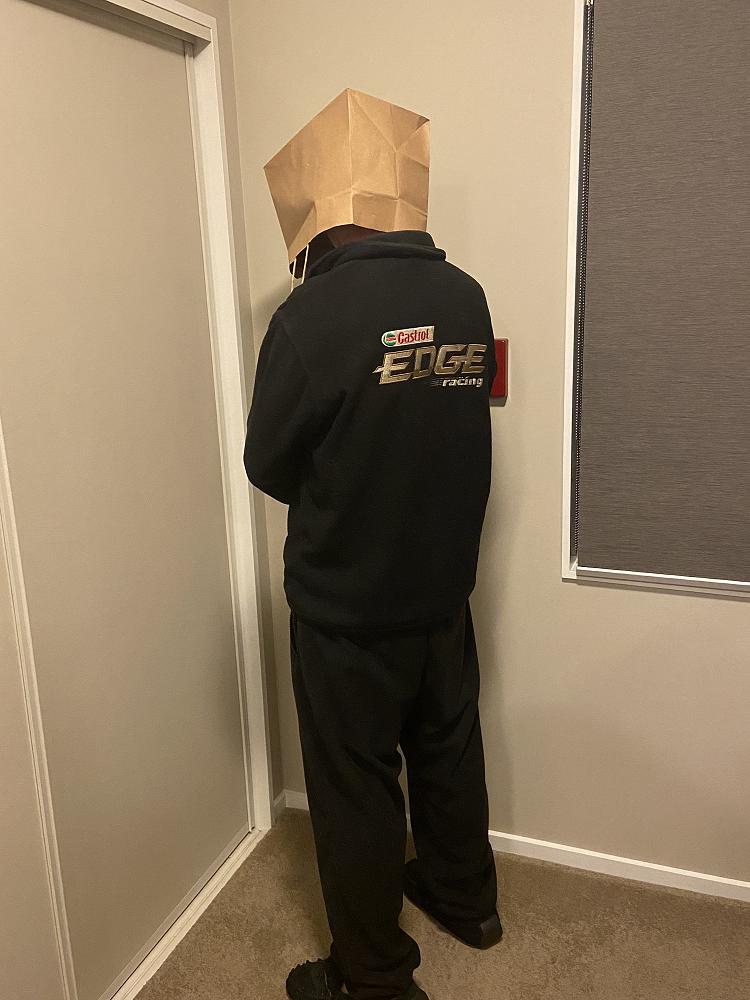
Consensus and risk acceptance
I hope you are all doing well with these ongoing Covid-19 mischiefs. Part of my role with the Church is about risk management. Along with health and safety risks, there are many other sorts of risks that we need to address. This article is about risk in general, and I use Covid-19 as a relevant example.
We are now in our third year of disruption, and I am getting a bit hōhā with it all (hōhā [stative] to be bored, fed up with). Being hōhā, I took the opportunity to reflect on other people being hōhā, particularly with Covid-19 responses (Church and Government).
I concluded that the Covid-conflicts we have had - as a Church and a nation - are because we have the full range of risk acceptance levels between us all. What is acceptable to some people has been toxic to other people and this creates conflict. For example, consider yourself extremely lucky if you have dodged the whole vaccine or no vaccine battles. I admit to winding down my car window to yell at protesters holding signs that say Covid-19 doesn’t affect children.
In summarising different entities’ levels of thinking, my thoughts are:
Ø Government: protecting the people and the public services they manage on behalf of the country’s population.
Ø The Methodist Church: creating safe spaces on behalf of parishes and ministers.
Ø Parishes: carrying out worship and mission safely on behalf of the congregation and the minister.
Ø Individuals: deciding what is acceptable for themselves and perhaps their dependant family.
Each level tries to interpret the previous level so that business-as-usual can continue. The key difference between each level is that the sphere of influence decreases as we go down the list. Therefore, decision-making becomes more and better targeted at that level, and it becomes more personal which is why our different opinions occur.
Paraphrasing a recent article from the Canterbury Safety Charter about risk:
“Many activities carry a significant degree of risk, and we may decide that certain activities are unacceptable to us. In this regard there is no right or wrong answer. It is more about how we decide the relative importance of competing aspects in determining the acceptable level of risk.”
This article prompted my thinking about the consensus-based decision-making in the Church, which I think is pretty cool.
“We are prepared to accept this decision because:
− it is for the good of the group
− we see it is important
− we feel that our viewpoint has been adequately expressed
− we may not agree, but in the interests of the Church we will allow this to be the decision.”
When changes in our risk responses occur, like a change in the Covid-19 Response Plan, we should ask ourselves: has the risk actually changed, or has our appetite for the risk changed? It is a fine line to walk between addressing the changing risk of our situations or being led down a different path because we are hōhā with ongoing risk controls, like we have been with the Covid-19 pandemic.
This is where I particularly appreciate consensus, which requires a dialogue between parties. I also see it as sharing of knowledge between spheres of influence so that involved parties understand the risks and points of views of other parties.
Iif you have a different point of view to the Church with regards to risk controls for Covid-19 - or other health and safety risks - please contact me and let us reach a consensus on a way forward.
